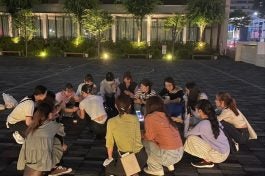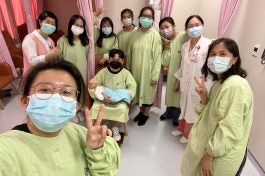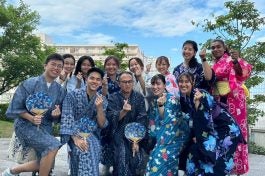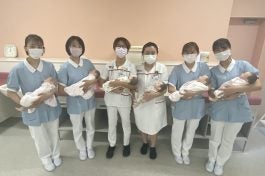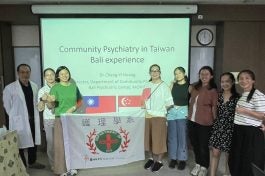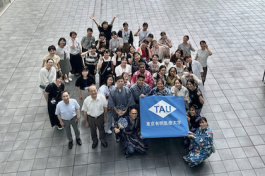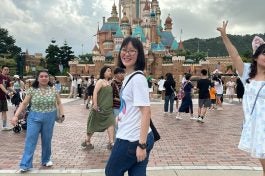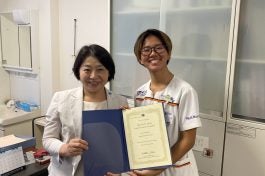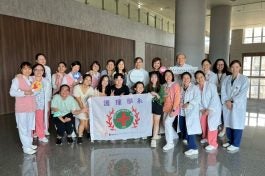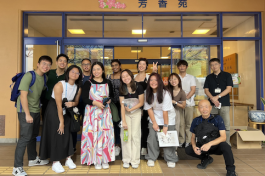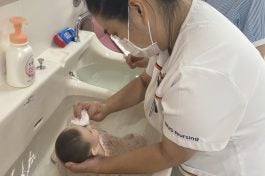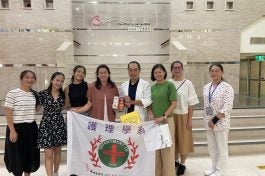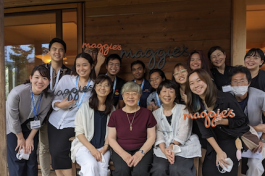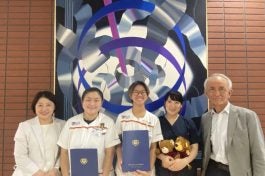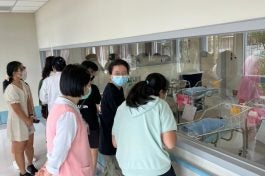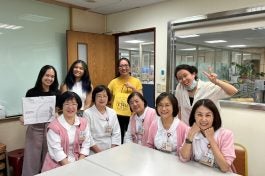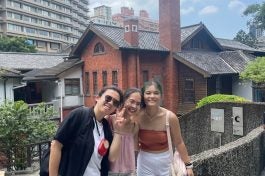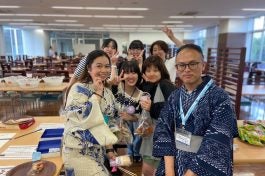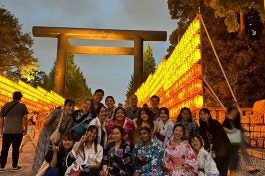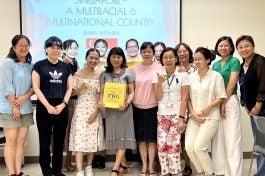- Home
- Our People
- Our Students
- Student Exchange Programme
Student Exchange Programme
At the Alice Lee Centre of Nursing Studies (NUS Nursing), we have exchange programme agreements with several countries in Southeast Asia and the world. Exchange students are an important part of any university community. The community brings new ideas, cultures, perspectives and diversity to the campus, as the students learn from each others’ experiences and also with people they encounter. These are transformative experiences that provide students a broader outlook on healthcare systems and patient care practices around the world.
The NUS Nursing exchange programme offers several benefits to our nursing students.
Firstly, it offers an opportunity to gain exposure to different nursing practices, treatment options, and patient care techniques. The students learn about the unique challenges faced by patients in different countries and how those challenges are being addressed through the nursing care system in that country. This helps them develop a more comprehensive and diverse perspective on healthcare.
Secondly, it helps students develop cultural competence and communication skills. Nurses must be able to effectively communicate with patients and colleagues from different backgrounds. NUS Nursing exchange programme offers students the opportunity to develop these skills in a real-world setting. It also offers the possibility to experience and appreciate different cultures. All these diverse and different encounters can help our students become more empathetic and understanding towards the patients from different walks of life and cultures.
Finally, it also helps them build a professional network beyond their local connections, expanding to foreign soil. This can be particularly valuable for nursing students who are interested in developing research collaborations with international researchers and organisations.
For the inbound students from partnering universities, it also enables them to get deeper insights into Singapore’s healthcare system through visits to local hospitals and hands-on classroom and lab activities.
Overall, by participating in our exchange programme, students become more well-rounded and competitive while expanding their horizons and still make new friendships.
Dr Zakir Hussain Abdul Salam MBBS, MS (General Surgery), MPH, MRCS (Edinburgh)
Student Exchange Programme (Inbound)
Student Exchange Programme (Outbound)
Testimonials
Inbound
“I learned new things about the culture and health systems of Singapore, Japan, and Hong Kong. Besides, I also improved my communication skills. In addition, I acquired a lot of useful information about hospital management in Singapore to improve Vietnamese hospitals. My favourite part of this programme was learning how to play a musical instrument at St Luke’s Eldercare Ayer Rajah Centre and experiencing VR practice. I also enjoyed visiting many famous destinations and trying diverse dishes in Singapore.”
– Nguyễn Hoàng Anh Thư (from Eastern International University)

Inbound
“I wanted to utilize the experience I gained studying in Singapore, a country with people from many different countries, in caring for foreigners in Japan. By bringing together five universities, I was able to learn about the medical systems of other countries at the same time, which made me more interested in the medical systems of the world. By actually visiting the facility, I was able to see the difference with my own eyes compared to Japan. Also, it was a valuable experience to actually talk to the users at the community home.”
– Nozomi Kato (from Aichi Medical University)




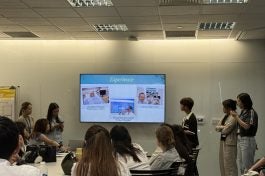
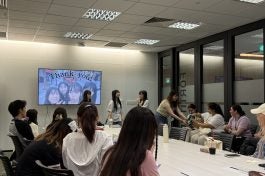


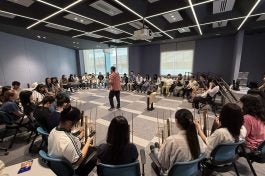

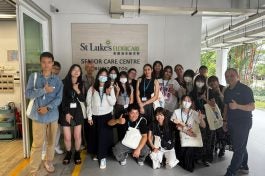



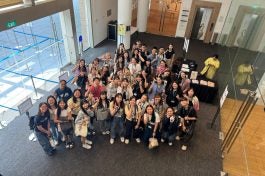

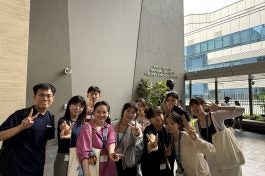
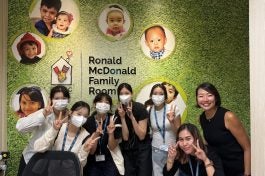
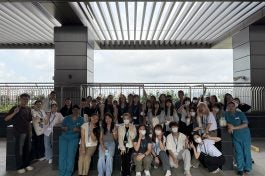
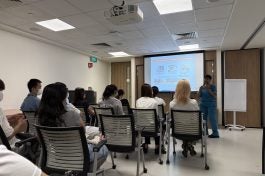



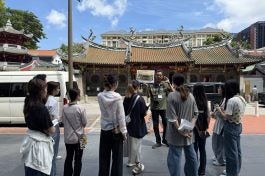

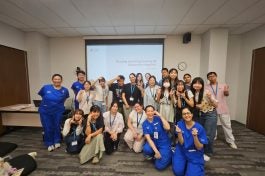


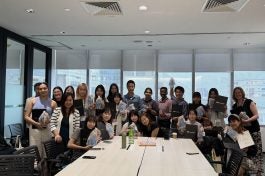
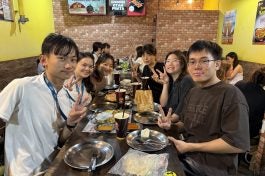
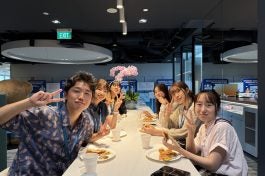
![[1] Welcome at TAU 2023 (1) Welcome at TAU 2023](https://medicine.nus.edu.sg/nursing/wp-content/uploads/sites/2/elementor/thumbs/1-Welcome-at-TAU-2023-1-1-r78iuvxrtrd07jnya6o1l7xlm47bpqatidsza1smqo.png)

